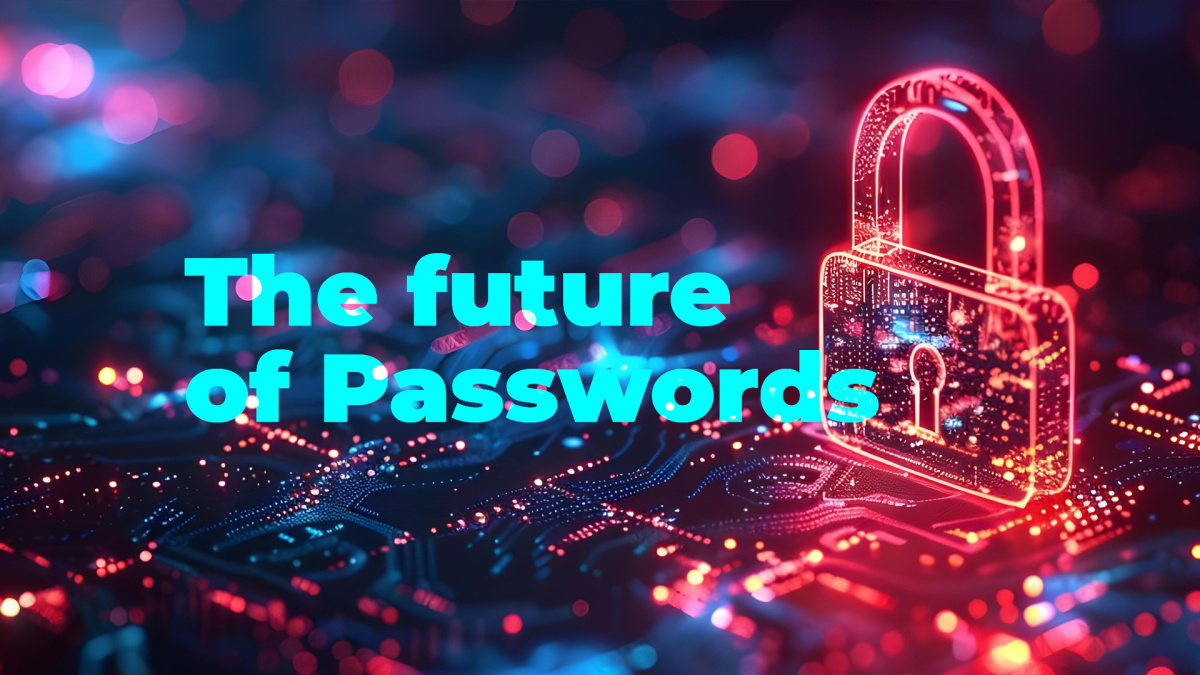The Future of Passwords: Are They Becoming Outdated?
Passwords have been the backbone of digital security for decades, serving as the first line of defense against unauthorized access to sensitive information. However, with the rapid evolution of technology and the advancement of cyber threats, the effectiveness and security of passwords are being called into question. This has led to the exploration of alternative authentication methods that promise greater security and convenience.
In this article, we will explore the challenges associated with passwords, the emerging technologies with the potential to replace them, and the implications of a password-less future.
The Challenges of Password-Based Security
- Even though passwords are effective, this might not always be the case. Let's explore some of the drawbacks that can arise.Password Fatigue and Human Error: Users are often required to create and remember multiple complex passwords, leading to password fatigue. This can result in weak passwords, reuse across multiple accounts, and vulnerability to phishing attacks.
- Credential Theft: Data breaches frequently expose millions of usernames and passwords, which are then sold on the dark web. These stolen credentials can be used to gain unauthorized access to various accounts.
- Forceful Entry and Dictionary Attacks: Automated tools can easily crack weak passwords through brute force or dictionary attacks, where commonly used passwords are systematically tested.
- Social Engineering: Cybercriminals often exploit human psychology to trick individuals into revealing their passwords through phishing or other social engineering tactics.
New Alternatives to Passwords
Opportunities often emerge from the need for alternatives; thus, new technologies are being developed to replace traditional passwords. Here are some of them.
- Biometric Authentication: Employing unique physical characteristics such as fingerprints, facial recognition, or iris scans, biometric authentication offers a higher level of security and convenience. Technologies like Apple's Face ID and fingerprint sensors are becoming increasingly popular.
- Multi-Factor Authentication (MFA): MFA adds an extra layer of security by requiring users to provide two or more verification factors, such as a password combined with a temporary code sent to their phone or generated by an authenticator app.
- Behavioral Biometrics: This method analyzes patterns in user behavior, such as typing speed, mouse movements, and even walking patterns, to continuously verify identity. Behavioral biometrics provide an additional layer of security without requiring active user participation.
- Passwordless Authentication: Solutions like WebAuthn (Web Authentication) and FIDO2 (Fast Identity Online 2) enable passwordless authentication through public key cryptography. Users can authenticate using hardware security keys, biometrics, or mobile devices, eliminating the need for passwords entirely.
Case Studies and Implementations
Let's look at some powerhouses of the digital world who are leading the way with password-free approach.
- Microsoft's Passwordless Strategy: Microsoft has been at the forefront of the passwordless movement, allowing users to sign in to their accounts using Windows Hello (biometrics), security keys, and the Microsoft Authenticator app. This approach has significantly reduced the reliance on passwords and improved security.
- Google's Advanced Protection Program: Google offers a program that requires users to use physical security keys for account access. This method provides robust protection against phishing and other attacks.
- Enterprise Adoption: Many organizations are adopting single sign-on (SSO) solutions combined with MFA to streamline authentication processes and enhance security. These systems often leverage federated identity management and modern authentication protocols.
Considerations
When evaluating passwordless solutions, several factors must be considered. Privacy concerns come into play because, although biometric data improves security, it also needs strict rules and strong protections to prevent misuse.
Accessibility is another key issue; passwordless systems need to be designed inclusively to ensure users with disabilities can access their accounts securely.
Additionally, the cost and infrastructure implications of implementing new authentication technologies must be weighed, as these solutions can require significant investment and changes to existing systems.
Finally, user education is crucial; transitioning to passwordless authentication involves informing users about new methods and the importance of safeguarding their security keys or devices.
Final Thoughts
So, it's clear that as we rely more on digital solutions in our daily life, the limitations of password-based security become increasingly prominent. While passwords may not become entirely outdated in the immediate future, their role is likely to decline as stronger and more convenient authentication methods gain popularity. Organizations and individuals must stay informed about these advancements and adapt to the changing security landscape to protect against always-evolving cyber threats.
